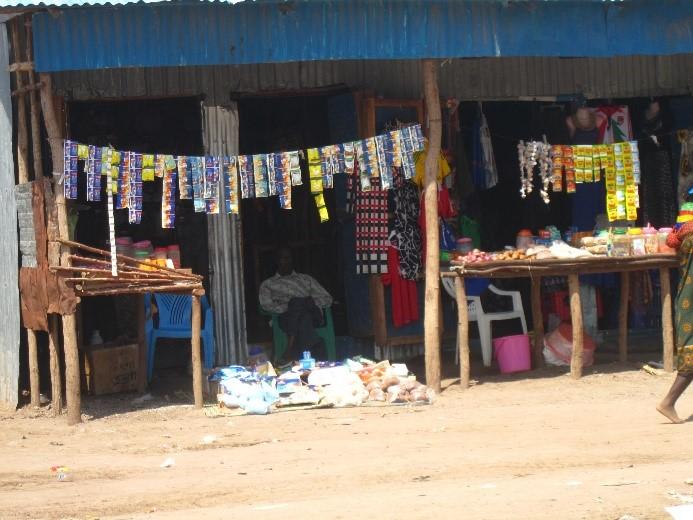
Submitted by Di Kennedy on Thu, 06/12/2018 - 13:34
The interdisciplinary Cambridge Displacement and Emergency Group (CDEG) brings together existing research groups, projects and individuals working on displacement, emergency relief, on refugee camps and holding centres globally, particularly but not only in the Global South. It aims to draw upon extensive research experience of academics and graduates working with displaced, migrant and refugee communities and individuals and with international humanitarian organisations, public and private sector aid givers and national and local government agencies so as to address the pressing challenges associated with global human movement.
The group focuses on the need to understand how emergency situations and forms of relief as well as the creation of new sites and spaces affect the aspirations and opportunities of individuals and groups’ livelihoods and their ability to control their own lives. In that context, the group aims to generate new strategic initiatives which will support displaced communities involving the use of new construction material, new architectural approaches, new digital, audio/visual technologies and or new educational and health programmes. The aim is to support these communities ‘in waiting’ with the power to build viable livelihoods, shelters, functional and sustainable learning environments at the same time as facilitating new modes of civic engagement, belonging and new prospects for leading productive lives.
The focus of research collaborations is to construct, in a holistic integrated way, the needs and values of migrant communities themselves, to contribute to humanitarian efforts internationally and to find innovative solutions to the consequences of every changing global human movements and the new social orders they create.
The first phase of this group involves finding ways to collaborate across disciplines and to identify common themes, regional interests and existing external partnerships. Through a series of meetings, members of the group have identified a variety of important conceptual agendas around the notion of ‘space’, instability, the importance of thinking about ‘tomorrow’, the power of visual and digital literacies, above all the need to establish partnerships with displaced and refugee communities.
Initial presentations by group members have identified common research interests and the possibility of shared research bids around the architectural conditions for mental health, applying existing educational strategies around critical, creative thinking to migrant contexts, and the uses of digital/visual literacy to explore the notion of ‘waiting’.
Participants: 34 participants, include 29 colleagues (UTOs and RAs) and 5 doctoral students from different engineering departments, various architectural units, language education, design and technology education, disability and gender education studies, digital technology and educational technology, sociology/politics, history, psychology, anthropology, entrepreneurialism, One Health and public health.
